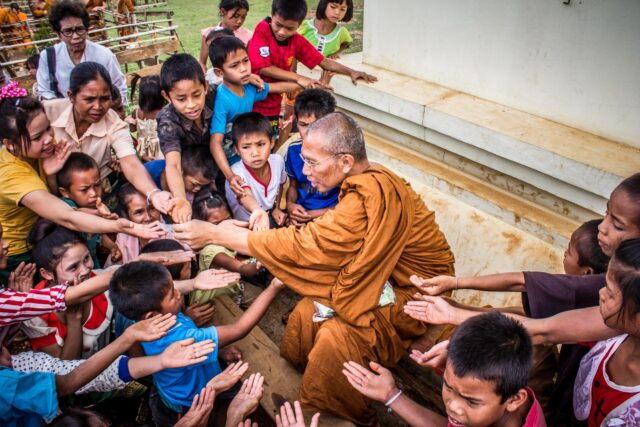Summary of:
Esbati, Z., and Korunka, C., “What moderates the relation between intragroup conflict, emotional exhaustion, and work engagement?” (2020). Scandanavian Journal of Work and Organizational Psychology, 5(1), 5.
Background & Theory:
With the prevalence of workplace conflict and intragroup conflict in organizations, utilizing strategies that manage conflict is essential to workplace health. This study examines emotional regulation and conflict management styles as two means of managing group conflict in the workplace. In terms of emotional regulation, this study seeks to understand the capability of distraction and cognitive reappraisal as strategies to regulate emotions during relationship conflict. As for conflict management styles, this study focuses on the effectiveness of cooperative and competitive conflict management styles in group task conflict.
Question(s):
Research was conducted to answer the following questions:
-
- What are the effects of distraction and cognitive reappraisal as emotional regulators in the association between relationship conflict and group emotional exhaustion?
- How do cooperative and competitive conflict management styles moderate the association between task conflict and group work engagement?
Methods:
Data was collected from 91 Iranian workgroups, totaling 595 participants. These workgroups stemmed from five companies including one industrial organization, two professional research centers, and two healthcare centers. The average group size was six members. Each individual was given a series of questionnaire Likert-style items to fill out, which measured intergroup conflict, group work engagement, group emotional exhaustion, conflict management style, and emotion regulation. Data were analyzed by performing a Confirmatory Factor Analysis and calculating Chronbach’s alphas for all scales.
Results:
After analyzing data, it was found that relationship conflict was positively related to group emotional exhaustion. Furthermore, it was found that the size of a workgroup plays a role in the likelihood of relationship conflict, with larger workgroups having higher potential for personality clashes, hostility, and tension. Additionally, a negative relationship was found between task conflict and work engagement. However, while negative, this relationship was not significant.
The results also revealed the effectiveness of distraction and cognitive reappraisal as emotional regulation strategies during the occurrence of group relationship conflict. The distraction strategy was found to be a potentially effective emotional regulator, which supports past research detailing the ability of distraction to mitigate relationship conflict’s adverse effects. Due to the potential ability of distraction to provide rest and detachment from negative emotions, this research suggests that it may buffer the effects of conflict on emotional exhaustion. Adversely, cognitive reappraisal did not prove to be an effective emotional regulation strategy in moderating relationship conflict and emotional exhaustion.
Finally, this study found cooperative conflict management to be an effective moderator between task conflict and work engagement. Unsurprisingly, competitive conflict management was not found to be a good moderator.
What We Can Learn:
Looking over this research, we can take away the following key insight:
- Workplace relationship conflict has a negative impact on emotional exhaustion. The use of distraction and a cooperative conflict management style reduces the negative effects brought by relationship and task conflict.
Final Takeaways
For Consultants: Workplace leaders should take time to train employees on effective emotional regulation skills and intragroup communication. This will help to adopt a cooperative approach to relationship and task conflict that will help build a healthy conflict culture.
For Everyone: With practice, the use of emotional regulation strategies and a cooperative conflict management style can become habitual. Furthermore, they can be used to deal with the negative effects of relationship conflict.




